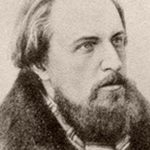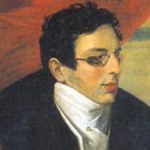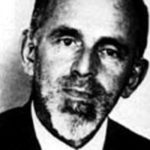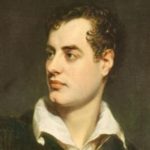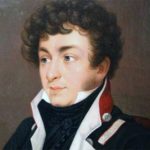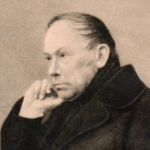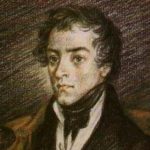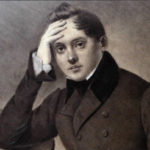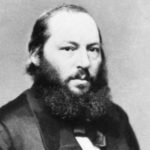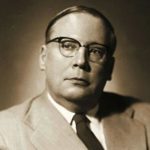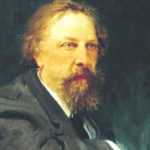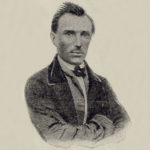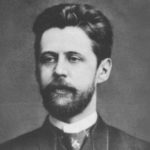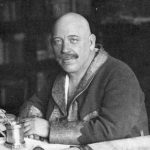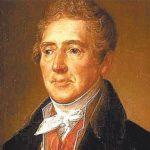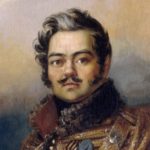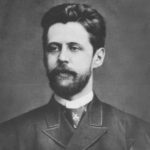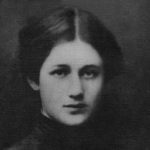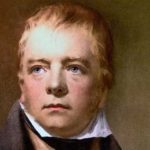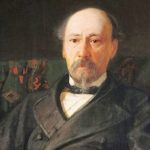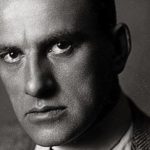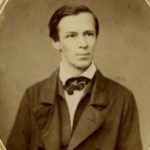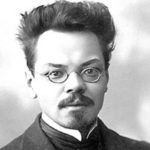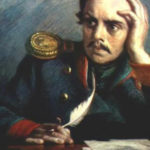Facts from the life of Alexey Plescheev
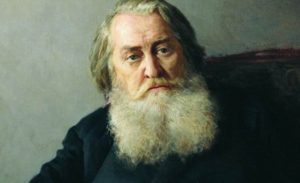 The great poet Alexey Pleshcheyev lived a surprisingly eventful life. Neither the authorities’ disgrace, nor the other vital adversities with which his biography is replete, have not broken this man, who has remained true to his ideals. Being popular during his lifetime, he also gained posthumous fame, and many of his works these days are considered recognized classics worthy of the attention of every poetry lover.
The great poet Alexey Pleshcheyev lived a surprisingly eventful life. Neither the authorities’ disgrace, nor the other vital adversities with which his biography is replete, have not broken this man, who has remained true to his ideals. Being popular during his lifetime, he also gained posthumous fame, and many of his works these days are considered recognized classics worthy of the attention of every poetry lover.
The poet came from an ancient noble family, however, impoverished long before his birth.
One of his ancestors was the holy Metropolitan Alexy.
Despite financial problems, the family of Alexey Pleshcheyev always paid attention to literature. Not the last role was played by the fact that there were several writers in their family, and the family honored these traditions.
Junior Alexei studied at home until he was thirteen years old. Already at this age he knew three languages.
While studying at St. Petersburg University, Pleshcheev met Saltykov-Shchedrin, Goncharov and Dostoevsky, which predetermined his further passion for literature.
Plescheev never received higher education, leaving his studies at the university due to lack of money and dissatisfaction with the existing education system. It was then that he decided to devote himself entirely to literature.
In 1846 he published his first collection of poems. Most of them were written by him in the last two years.
In 1849, Alexey Pleshcheyev was first sentenced to death for the “distribution of prohibited literature”, which was replaced first by execution, and then by the border guard. As a result, he served in the army for ten years, after which he received permission to return to Moscow. Upon his return, he again plunged into literary work.
In 1863, Pleshcheeva was again accused, this time of anti-government activities. For lack of evidence, the poet was acquitted.
In the 60s of the 19th century, years after the liberation, Alexey Pleshcheyev continued to remain under the police watch. In the reports he continued to call him a conspirator.
In the late 60s, Pleshcheyev, by personal invitation, Nekrasov moved back to Petersburg, where he received a position in a journal. After the death of Nekrasov, he headed the poetic edition of the publication.
Plescheev’s literary activity was not limited to verses alone. He also wrote many stories and articles, and thirteen plays.
The famous composer Tchaikovsky claimed that Plescheeva’s poems and children’s songs were a source of inspiration for him.
Three years before his death, the poet received a large inheritance, becoming a rich man. He moved to Paris, and distributed a considerable part of the money to various poets and writers. In addition, he financed the journal of Vladimir Korolenko.
After the death of the poet, his body was transported to Moscow. The authorities have forbidden to hold solemn ceremonies with speeches at his funeral, but they still received a huge number of people.
During his lifetime, Alexey Pleshcheyev translated about two hundred poems by French and German poets into Russian.
Most of the propaganda poems of Pleshcheyev, written by him during the years of close communication with the circle of Petrashevsky, did not reach our days.
